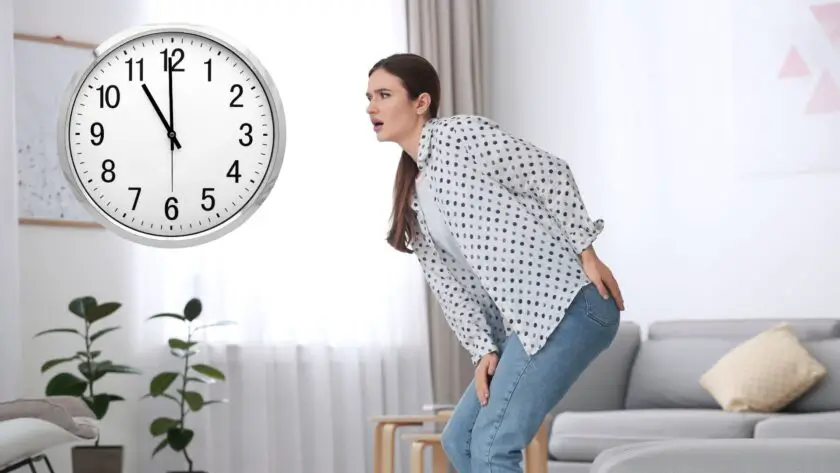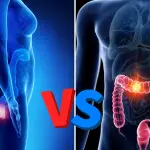“Can hemorrhoids last for years?” Many of us afflicted with haemorrhoidal disease and related symptoms, will have asked ourselves this question.
The course of the disorder may vary in relation to the level of severity of the pathology (which we can begin to understand through the interactive “degree of pathology” test ), the patient’s subjectivity and certain behavioral habits.
Can hemorrhoids last for years? A few guidelines
Let’s see how long the pathological hemorrhoids last in relation to their classification into four stages of severity and possible complications:
- Stage I: non-prolapsing internal hemorrhoids, which the patient does not notice except through bleeding, because they are almost never associated with pain.
- Stage II: prolapsing hemorrhoids usually internal, but spontaneously reducible, which come out at the moment of evacuation and can cause discomfort and bleeding.
In the case of stage I and II it will be sufficient to follow simple rules to combat inflammation and discomfort: take fruit , vegetables and water , avoid alcohol , nicotine abuse and practice moderate physical activity. These simple rules can determine a remission of symptoms and will favor the improvement of the initial clinical picture within 2-4 weeks.
Hemorrhoids: Find out the degree of pathologyKnowing the hemorrhoidal pathology is the first step to live it serenely. With a few simple interactive questions and a few clicks, you can begin to understand the severity of the disorder and how to treat it.

- Stage III: Prolapsing hemorrhoids which may require outpatient or surgical treatment.
- Stage IV: permanently prolapsed hemorrhoids, which necessarily require surgical reduction.
In stage III cases , outpatient intervention may be envisaged, which is not effective in more severe stage IV cases which often relapse. In these conditions, a hemorrhoidectomy surgery is chosen, that is, surgical removal of the pathological hemorrhoids. Healing of surgical wounds takes about 4-6 weeks .
- Hemorrhoidal thrombosis. It is one of the most frequent acute complications that can affect both external, and more commonly, and internal hemorrhoids, transversely to the level of severity of the disease. A thrombus or blood clot forms within the inflamed hemorrhoidal pad, with swelling, itching and intense pain.
The recurrent hemorrhoidal thrombosis requires the same surgical removal of the hemorrhoids, also used to solve the most serious cases of the disease (grade IV hemorrhoids, excessive and persistent bleeding). There is a time span of about 90 days for an improvement in the clinical picture.
We remind you that this information is indicative. For an in-depth consultation and targeted indications we will need to contact a specialist .






